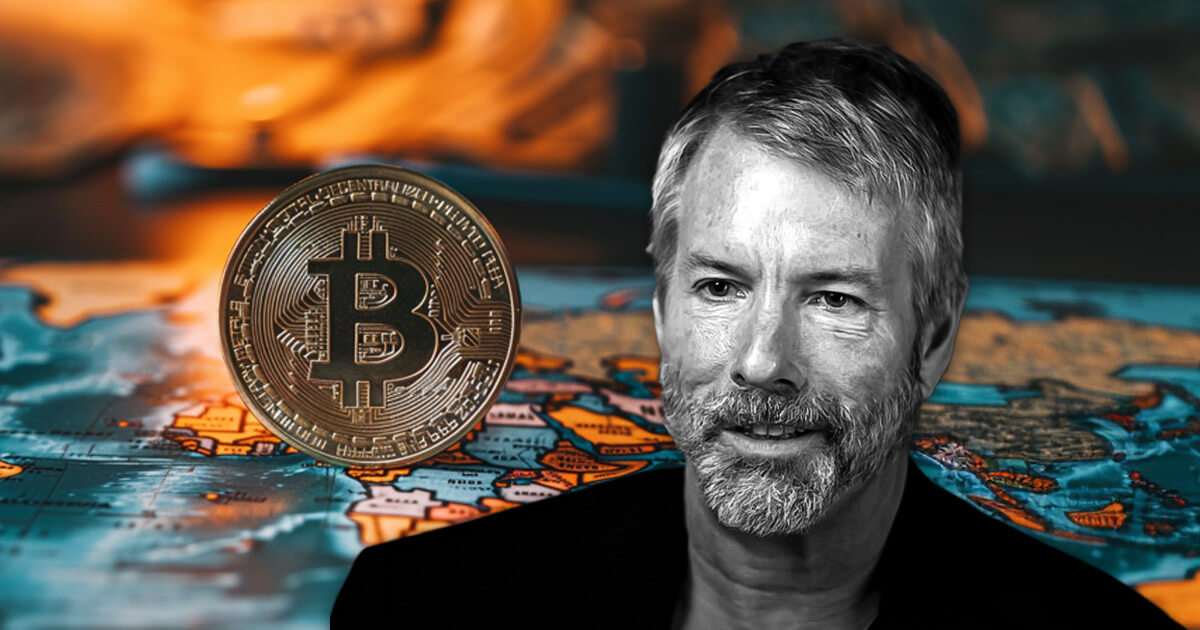

MicroStrategy executive chair Michael Saylor backtracked on his recent remarks about self-custody and clarified that he supports it as a fundamental right.
Saylor said that the right to self-custody applies to all individuals and institutions who have the freedom to choose the form of custody. He added:
“Bitcoin benefits from all forms of investment by all types of entities, and should welcome everyone.”
Saylor’s clarification and response come after significant backlash from leading voices in the industry for statements he made during a recent interview.
Jameson Lopp, co-founder and Chief Security Officer of CasaHODL, replied that self-custody is not about being paranoid, and argued that Saylor’s stance has long-term “negative ramifications” as it convinces people to fully trust third-party custodians.
Citing these negative ramifications, Lopp mentions the increasing systemic risk through centralizing BTC in fewer places and leaving Bitcoin holders out of network governance activities, such as running a node. He added:
“Self-custody is not merely important to individual Bitcoin holders. It’s important for the continued strengthening and improvement of the entire network.”
Ethereum co-founder Vitalik Buterin joined the choir of voices contrary to Saylor’s statement, calling his comments “insane.”
Buterin said that Saylor is arguing in favor of a narrative where trusting regulated public entities, such as BlackRock and Fidelity, might protect crypto from stringent rules and law enforcement.
However, the Ethereum co-founder added that there is “plenty of precedent” for how this strategy can fail, and he does not believe that trusting entities is aligned with the crypto ethos.
Other notorious Bitcoin proponents, such as Jack Mallers and Adam Back, criticized Saylor’s remarks by highlighting that self-custody is a core part of the financial freedom enabled by Bitcoin.
Mentioned in this article
